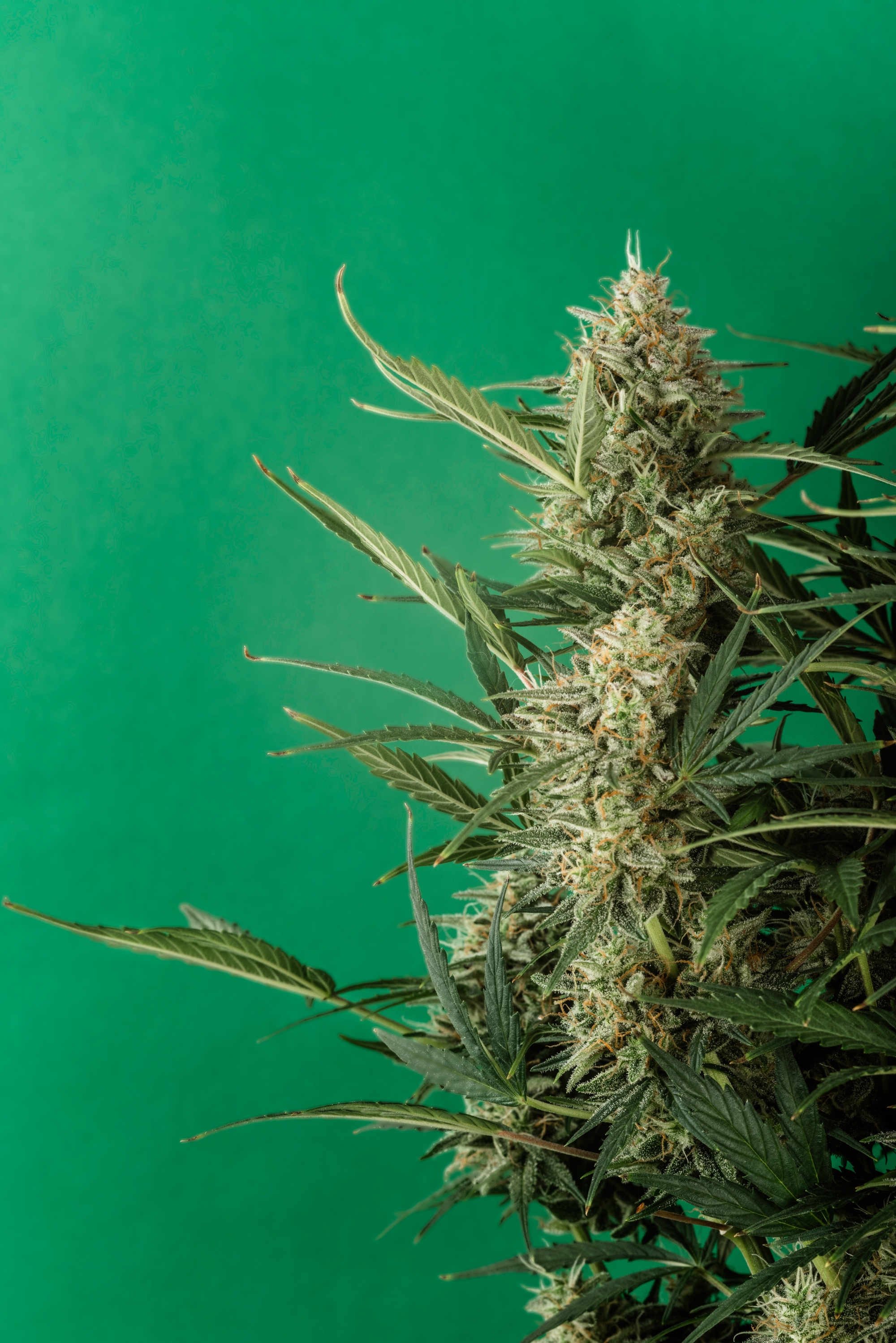You are here
Home 🌿 Recreational Marijuana News 🌿 Legal cannabis: it’s been three years, time to get it right 🌿Legal cannabis: it’s been three years, time to get it right

It’s hard to believe it’s been almost three years since Canada legalized recreational marijuana.
I’m still very proud of our country for being a trailblazer in taking this important step, but with a federal election upon us perhaps it is time to take stock of where we are with it.
A recent study by Dalhousie University in Halifax indicates a significant amount of success in the experiment.
Unlike one year following the adoption of the legislation when just over half the population supported legalization almost 80 per cent of Canadians now either strongly agree (57 per cent) or agree with it.
Acceptance of the new status quo, if not universal, is overwhelming.
It also found the percentage of people who now procure their cannabis products solely from legal sources has grown to 60 per cent from 38 in 2019.
While the illegal market remains approximately half of the trade, legal cannabis accounted for roughly $12.6 billion of Canada’s GDP in May of this year on par with the automobile and life sciences sectors.
We have a way to go in curtailing the illicit trade, but let’s face it, it was never going to happen overnight, nor will it ever fully go away just as their is still an illegal market for alcohol and tobacco.
Detractors of legalization, who now number only 14 per cent, with another eight per cent being neutral, could find some fault in the fact that consumption has grown.
The Dalhousie survey found 42 per cent of Canadians now consider themselves to be cannabis consumers, up from 36 per cent in 2019 and the estimated 20 per cent pre-legalization.
Anecdotally, I am one of those people who would have answered “non-consumer, no plans to” even post-legalization, but today would have to answer “consumer after legalization.”
Seems I may have had a latent interest after all, particularly in the growing choices for edibles.
In the current election, given the overwhelming acceptance, it is doubtful any major party is going to want to touch the cannabis issue although there is certainly room for criticism.
The Liberals have seriously dropped the ball, for example, on amnesty for the hundreds of thousands of Canadians who have life-altering criminal records for simple possession.
Even though the pardon process was streamlined for cannabis possession records, involves no waiting period and is free, the Parole Board of Canada had only granted 395 pardons as of March 1, 2021.
That is totally unacceptable and needs to be addressed.
The other major cock-up in the Liberal legislation was not factoring in Indigenous sovereignty. Part of the problem was introducing a federal law, but leaving it to the provinces to regulate.
Under the law, provinces have sole jurisdiction over cultivation, distribution and sale of cannabis products, but no jurisdiction over Indigenous lands which fall under the federal government’s purview.
There are now hundreds of cannabis operations on First Nations reserves across the country, but are essentially illegal because they fall outside both the federal and provincial regulatory frameworks.
Nevertheless, First Nations are exerting their constitutional right to write their own cannabis laws and the provinces are reluctant to try to enforce the provincial laws on reserve.
Again, there was no way the initial legislation was going to be perfect, but it’s been almost three years, it’s time we started tweaking it to get it right.
420 Intel is Your Source for Marijuana News
420 Intel Canada is your leading news source for the Canadian cannabis industry. Get the latest updates on Canadian cannabis stocks and developments on how Canada continues to be a major player in the worldwide recreational and medical cannabis industry.
420 Intel Canada is the Canadian Industry news outlet that will keep you updated on how these Canadian developments in recreational and medical marijuana will impact the country and the world. Our commitment is to bring you the most important cannabis news stories from across Canada every day of the week.
Marijuana industry news is a constant endeavor with new developments each day. For marijuana news across the True North, 420 Intel Canada promises to bring you quality, Canadian, cannabis industry news.
You can get 420 Intel news delivered directly to your inbox by signing up for our daily marijuana news, ensuring you’re always kept up to date on the ever-changing cannabis industry. To stay even better informed about marijuana legalization news follow us on Twitter, Facebook and LinkedIn.




